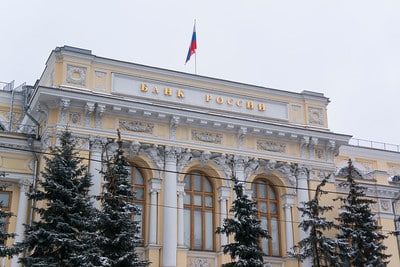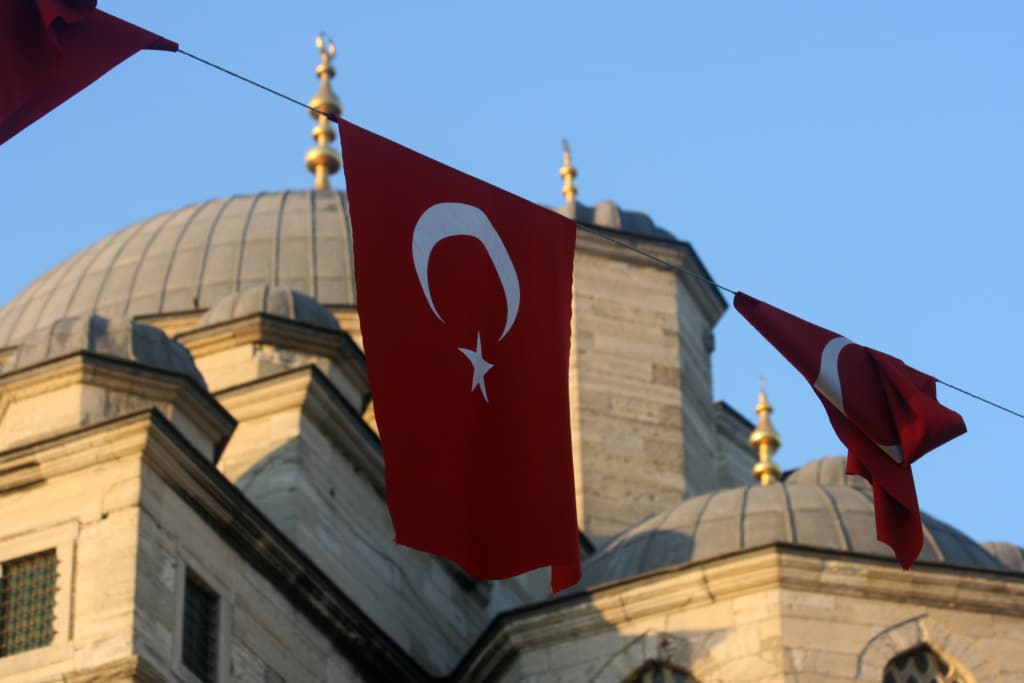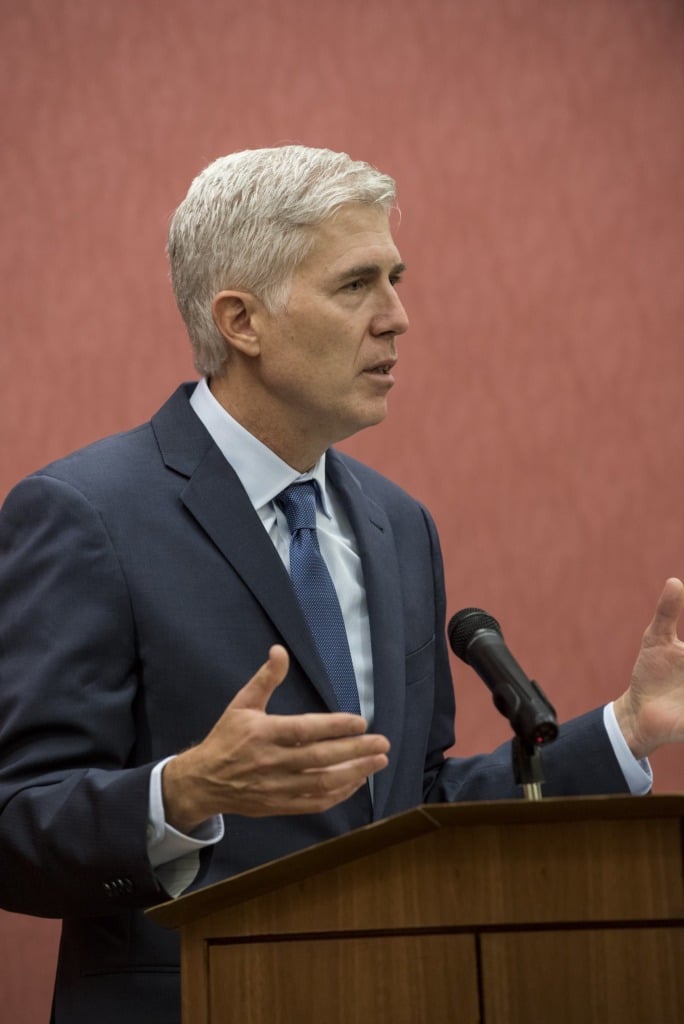JPMorgan Caught Up in U.S. Sanctions Against Russia
A recent dispute in U.S. federal court shows that efforts to isolate Russia through sanctions are seeping into the courts of both countries. As the economic and legal regimes of Russia and the United States drift further apart, both Russian and U.S. courts have become increasingly bold in flouting the orders of the other. This…
Continue ReadingWestern Seizure of Russian Central Bank Assets Risks Sparking Global Pushback
As fighting between Russia and Ukraine continues to drag on, Kiev’s backers are taking steps to confiscate Russian central bank assets frozen in the West. Whether it is legislators advocating for such a move, governments exploring potential mechanisms or authorizing leaders to seize assets belonging to the Russian Federation, momentum is building. Doing so may…
Continue ReadingWhat Does Customary International Law Say About Halkbank’s Immunity?
Tomorrow, the Second Circuit will hear argument in United States v. Turkiye Halk Bankasi A.S. to consider whether Halkbank, a Turkish state-owned bank (but not its central bank), is immune from criminal prosecution for violating U.S. sanctions on Iran. Halkbank claimed immunity under both the Foreign Sovereign Immunities Act (FSIA) and federal common law. The U.S….
Continue ReadingU.S. Brief in Halkbank Abandons Customary International Law in Immunity Cases
In Turkiye Halk Bankasi A.S. v. United States (Halkbank), the Supreme Court held that the Foreign Sovereign Immunities Act (FSIA) does not apply to criminal proceedings. The Court remanded Halkbank’s separate claim of common law immunity to the Second Circuit for reconsideration. On November 20, 2023, after two extensions, the United States filed its brief on remand. The U.S….
Continue ReadingHow to Criticize U.S. Extraterritorial Jurisdiction (Part II)
[This post is based on a lecture delivered at Wuhan University School of Law on October 15, 2023] There are better and worse ways to criticize U.S. extraterritorial jurisdiction. In yesterday’s post, I discussed some shortcomings of a February 2023 report by China’s Ministry of Foreign Affairs, “The U.S. Willful Practice of Long-arm Jurisdiction and…
Continue ReadingCourt Rejects Challenge to OFAC Blocking Order
Sanctions are an increasingly important part of United States foreign policy, and cases challenging them are also of growing significance. Sanctioned entities face an uphill battle in court however, as illustrated by a recent decision from the Southern District of New York: Rusaviainvest, OOO v. Yellen. Rusaviainvest, OOO (the plaintiffs) challenged an order by the…
Continue ReadingWhy the Indictment Against Halkbank Must Be Dismissed
In 2019, the United States indicted Turkiye Halk Bankasi (Halkbank), a Turkish state-owned bank, alleging a multiyear scheme to evade U.S. sanctions against Iran by using fraudulent transactions to transfer the proceeds of oil and gas sales to Iran. Last month, the Supreme Court rejected Halkbank’s claim of immunity under the Foreign Sovereign Immunities Act…
Continue ReadingDear Justice Gorsuch: There’s No Reason to Worry About the Remand in Halkbank
In Turkiye Halk Bankasi A.S. v. United States (Halkbank), the Supreme Court held that the Foreign Sovereign Immunities Act (FSIA) does not apply to criminal proceedings. The Court remanded the case to the Second Circuit to reconsider Halkbank’s claim of common law immunity. Justice Gorsuch, joined by Justice Alito, wrote a partial dissent. He would…
Continue ReadingOpen Questions after Halkbank
The Supreme Court held this week in Türkiye Halk Bankasi, A.S. v. United States that the Foreign Sovereign Immunities Act (FSIA) does not apply to criminal prosecutions. That holding was a blow to Halkbank—a foreign state-owned enterprise under indictment—which had argued that the FSIA provided it with immunity. But the case is not over. The…
Continue ReadingNew Scholarship on Sanctions and Central Bank Immunity
Ingrid has a new paper out on recent developments in central bank immunity, focusing on sanctions by the United States and other countries involving Russian, Afghan, and Venezuelan central bank assets and their relationship to immunity. Some of the issues addressed in the paper involve transnational litigation in U.S. courts, including the entitlement of sovereign…
Continue Reading








